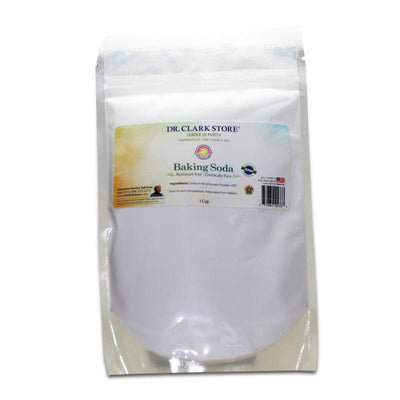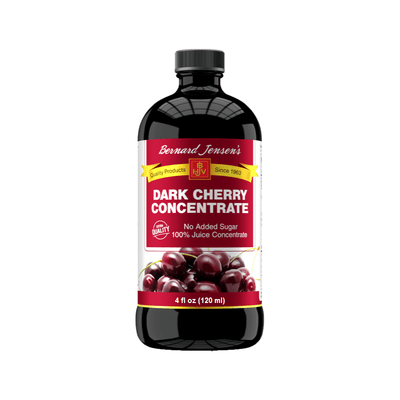Does the Average Person have 5-15 lbs of Poop Stuck in Their Gut? How To Remove Toxic Intestinal Sludge

Dr. Gina Sam, professor of medicine at Mount Sinai Gastrointestinal Motility Center, says that not only does the average person have lower than ideal intestinal motility, but the partially-digested food can leak toxins into the gut and lead to a wide spectrum of disease states. We often do not know we are constipated, as the stomach can work and the intestines can store food that is not digesting properly. Many deficiencies and metabolic diseases can exacerbate bowel issues, but in general, eating too much of the wrong types of food for your system, is the main cause of intestinal blockages.
The biggest problem is that we often don’t get ahead of this process, and a cleansing can solve a host of problems such as heartburn, stomach aches after eating, painful bloating and gas, and microflora imbalance. IBS and leaky gut syndrome can lead to many sever illnesses, including fatigue, brain fog, rapid weight gain, inflammation, skin irritations, and damage to other major organs.
Bacterial biofilms are complex communities of microorganisms that attach to surfaces within the gastrointestinal (GI) tract. While biofilms play an essential role in human health, their overgrowth can host pathogens and significantly impact digestive health.
Biofilms Can Host Pathogens
Biofilms create a protective environment that can harbor harmful pathogens. These bacteria can evade the immune system and standard treatments, leading to chronic infections and inflammation. A 2020 review article in Nature Reviews Gastroenterology & Hepatology highlights that overgrown biofilms are associated with conditions like inflammatory bowel disease (IBD) and irritable bowel syndrome (IBS) (Fleming et al., 2020). The persistence of these biofilms can exacerbate symptoms and hinder effective treatment.
Degrading Biofilms with Enzymes
One effective strategy for disrupting biofilms involves using enzymes. Enzymes like proteases, glycoside hydrolases, and DNases can break down the extracellular matrix of biofilms, making them more susceptible to antimicrobial agents and the immune system. A study published in Frontiers in Microbiology demonstrated that enzyme treatments could significantly reduce biofilm mass and enhance bacterial eradication (Singh et al., 2017). By incorporating enzyme therapy into treatment protocols, health professionals can more effectively combat biofilm-related infections.
Importance of a Healthy Microbiome

Maintaining gut health is crucial for overall well-being, and a balanced microbiome plays a significant role. A healthy microbiome helps regulate immune responses, prevents pathogen colonization, and supports the integrity of the intestinal barrier. Reducing biofilm overgrowth is vital for maintaining this balance. According to a study in Gut Microbes, interventions that promote a healthy microbiome, such as probiotics and prebiotics, can help reduce biofilm formation and support gut health (Ribas et al., 2019).
In conclusion, addressing biofilm overgrowth in the digestive system is essential for maintaining intestinal health and enhancing immunity. By understanding the role of enzymes in degrading biofilms and the importance of a balanced microbiome, health professionals can develop more effective strategies to improve patient outcomes.
Best Intestinal Cleanses
Dr. Clark recommended an enema bucket, because these could be filled with more fluid, and were easy to mix with additional ingredients. Her Digestive and Constipation Protocol includes everything needed to cleanse the intestines of stubborn biofilms, undigested proteins and plaques, parasites, and other microorganisms that cause gastrointestinal dysbiosis.
Full Bundle:
Digestive and Constipation Protocol
Additional therapies that work well by themselves:
References
Fleming A, et al. (2020). Biofilms in the gastrointestinal tract and their role in health and disease. Nature Reviews Gastroenterology & Hepatology.
Singh R, et al. (2017). Enzymatic degradation of biofilm by dispersin B enhances the antibacterial efficacy of antibiotics. Frontiers in Microbiology.
Ribas F, et al. (2019). Gut microbiota modulation and improved metabolic health by prebiotic fibers and probiotics. Gut Microbes.




Leave a comment